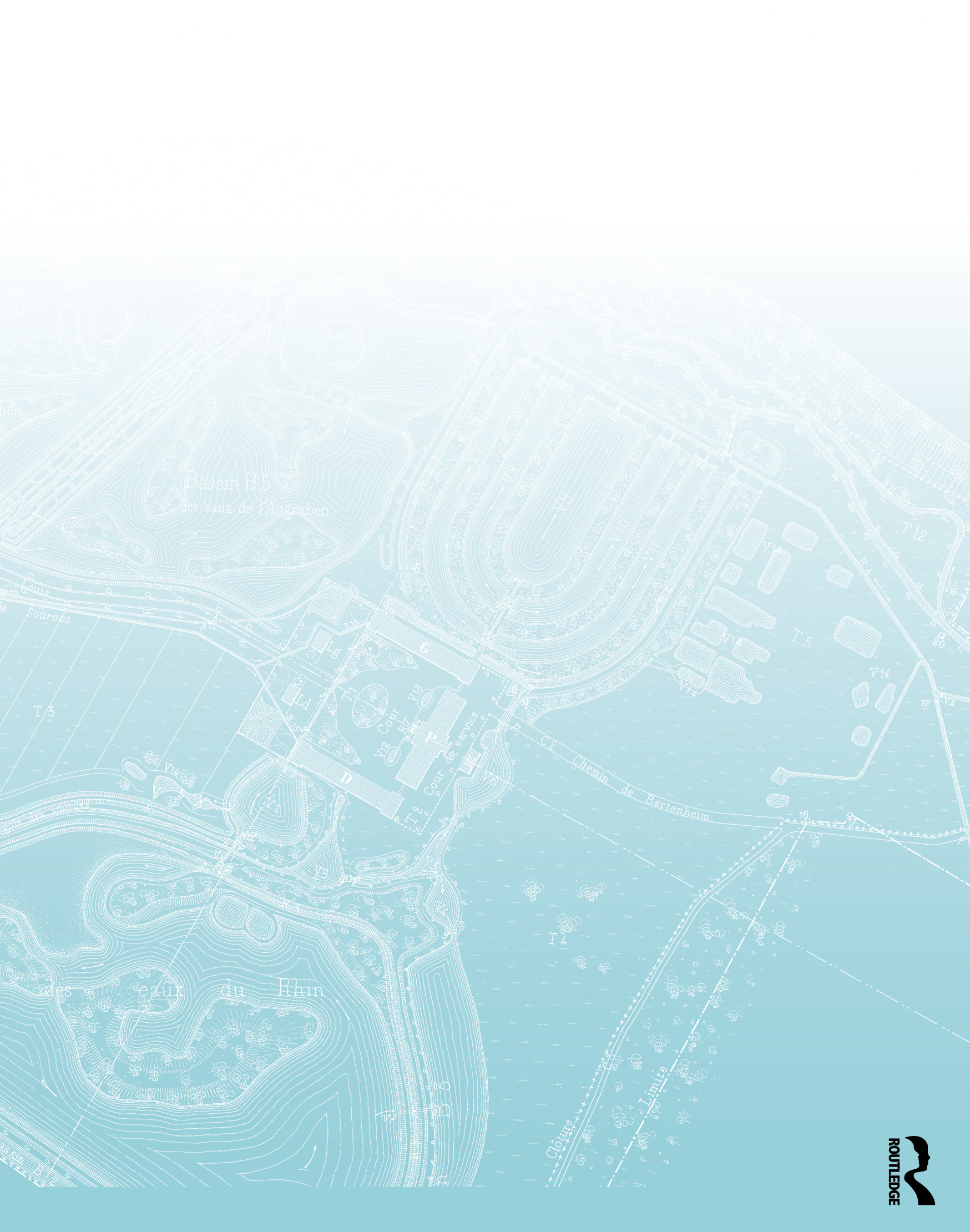
Winner of the 2020 John Brinckerhoff Jackson Book Prize
NOW AVAILABLE IN SOFTCOVER
By Michael Ezban | Routledge | 264 pp | Hardcover + Softcover | 221 Images | 10.9 in x 8.6 in | Aug 2019
Aquaculture Landscapes explores the landscape architecture of farms, reefs, parks, and cities that are designed to entwine the lives of fish and humans. This book is an original and essential resource for landscape architects, urbanists, animal geographers, aquaculturists, and all who seek and value multispecies cohabitation of a shared public realm.
In the twenty-first century, aquaculture’s contribution to the supply of fish for human consumption exceeds that of wild-caught fish for the first time in history. Aquaculture has emerged as the fastest growing food production sector in the world, but aquaculture has agency beyond simply converting fish to food.
Aquaculture Landscapes recovers aquaculture as a practice with a deep history of constructing extraordinary landscapes. These landscapes are characterized and enriched by multispecies interdependency, performative ecologies, collaborative practices, and aesthetic experiences between humans and fish.

“Aquaculture Landscapes is a breath-taking book—full of historical drawings, ingenious diagrams, and superb photography—that demonstrates how we can revolutionize our relationships with aquatic life. Grounded in multispecies urban theory and dreams of coexistence instead of exploitation, Ezban offers both concrete examples and speculative designs from around the world that will transform landscape architecture practice. His book is the first to not only argue for a post-human urbanism, but to demonstrate how landscape architects can go about creating a zoöpolitan urbanism for the future.”
—Jennifer Wolch, Dean, College of Environmental Design, UC Berkeley, USA

Aquaculture Landscapes presents over thirty contemporary and historical landscapes, spanning sixteen countries in six continents, with incisive diagrams and vivid photographs. With over two hundred evocative images, Aquaculture Landscapes is a richly illustrated portrayal of aquaculture seen through the disciplinary lens of landscape architecture.
Within this expansive scope is a focus on urban aquaculture projects by leading designers—including Turenscape, James Corner Field Operations, and SCAPE—that employ mutually beneficial strategies for fish and humans to address urban coastal resiliency, wastewater management, and other contemporary urban challenges.
Aquaculture Landscapes delivers a compelling account of the coalitions of fish and humans that shape the form, function, and identity of cities, and offers a forward-thinking theorization of landscape as the preeminent medium for the design of ichthyological urbanism in the Anthropocene.

“In this lush volume, Michael Ezban both plumbs the depths and surfaces common currents to reveal an aqueous terrain worthy of navigation for the Anthropocene. Through rigorous historical research and insightful contemporary precedents from aquaculture to angling, Aquaculture Landscapes offers fresh thinking and timely designs for a richer, more biodiverse world. Ezban’s design research intelligently articulates how we might materially and metaphorically cohabit with our oldest of relatives—the fish—and other species beyond the human.”
—Nina-Marie E. Lister, Graduate Program Director, School of Urban + Regional Planning, Ryerson University, Canada

“Michael Ezban’s work opens and invites us all into vast and exciting new territory for landscape architecture practice.”
—Kongjian Yu, Dean and Professor, Graduate School of Landscape Architecture, Peking University, China, President, Turenscape

“Aquaculture Landscapes is a thoughtful, articulate, forward-thinking contribution to a deeply problematic yet still-growing sector of food production. Combining intelligent prose with illuminating illustrations, Michael Ezban presents an alluring vision for how new, ecologically and ethically sensitive systems can—indeed, must—be designed for a livable future.”
—Jonathan Balcombe, author of What a Fish Knows
All words and images © 2021 Michael Ezban
